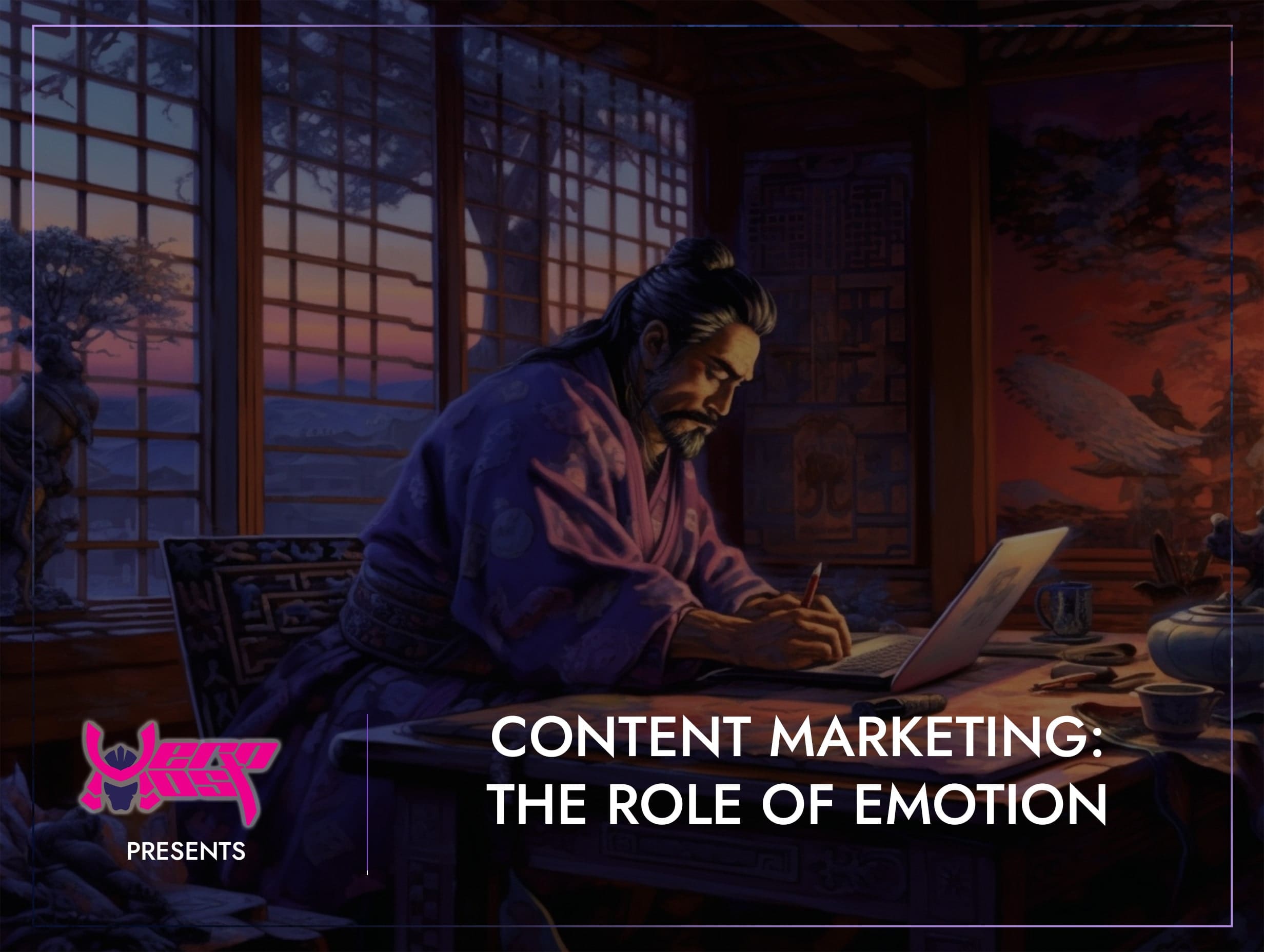Content Marketing: The Power Of Storytelling
- Home
- Content Marketing
- Content Marketing: The Power Of Storytelling

- Mikey Ryu
- April 22, 2024
- 0
Content Marketing: The Power Of Storytelling
Understanding Content Marketing:
Content marketing is more than just creating and distributing content; it’s about delivering valuable, relevant, and consistent content to attract and retain a defined audience. Unlike traditional advertising, content marketing focuses on building long-term relationships and fostering trust with consumers. It’s about providing solutions to their problems, educating them, and ultimately, influencing their purchasing decisions.
At its core, content marketing revolves around storytelling. Brands use narratives to convey their messages compellingly and memorably. Whether through blog posts, videos, social media posts, or podcasts, storytelling enables brands to connect with their audience on a deeper level, fostering emotional connections and brand loyalty.
Understanding Your Audience:
One of the fundamental principles of effective storytelling in content marketing is understanding your audience. Every piece of content should resonate with your target demographic, addressing their needs, desires, and pain points. Conducting thorough audience research helps in crafting tailored narratives that resonate with specific demographics.
Furthermore, understanding your audience goes beyond demographics; it involves grasping their psychographics, behaviours, and preferences. By empathizing with their experiences and perspectives, brands can create stories that evoke empathy and forge authentic connections.
Why Stories Matter: The Psychology Behind Storytelling
Engagement of Multiple Brain Areas:
Stories activate various regions of the brain, including those responsible for language processing, sensory perceptions, and emotions, fostering a deeper connection with the audience.
Emotional Engagement:
Stories evoke a wide range of emotions, such as empathy, curiosity, joy, and sadness, making them more memorable and impactful than factual information presented straightforwardly.
Contextualisation and Meaning:
By framing content within a narrative structure, marketers can provide context and meaning to information, helping their audience make sense of complex concepts and ideas.
Relatability and Relevance:
Stories make content more relatable and relevant to the audience by tapping into universal themes, such as human experiences, challenges, and aspirations.
Building Trust and Connection:
Authentic storytelling fosters trust and connection with the audience, as it creates a shared experience and demonstrates the brand’s values and beliefs.
In content marketing, understanding the psychology behind storytelling is crucial for creating compelling narratives that resonate with the audience and drive meaningful engagement. In the following sections, we’ll explore the components of effective storytelling and practical strategies for integrating storytelling into your content marketing efforts.
The Role of Emotion in Content Marketing:
Emotion plays a pivotal role in content marketing, influencing how audiences perceive and engage with branded content. Human beings are inherently emotional creatures, and storytelling allows brands to tap into these emotions to leave a lasting impression.
Emotional content is more likely to be shared, remembered, and acted upon. Whether it’s joy, sadness, fear, anger, or surprise, evoking emotions can drive action and foster brand advocacy. By infusing stories with authentic emotions, brands can create memorable experiences that resonate with their audience on a profound level.
Storytelling Best Practices:
Effective storytelling requires a strategic approach and adherence to best practices. Here are some key principles to keep in mind:
Know Your Brand Story:
Before crafting narratives, it’s essential to understand your brand’s values, mission, and unique selling proposition. Your brand story should be authentic, consistent, and aligned with your overall marketing objectives.
Create Compelling Characters:
Characters are at the heart of storytelling. Develop relatable characters that resonate with your audience and drive the narrative forward. Whether it’s a customer success story or a fictional protagonist, compelling characters humanise your brand and make the story more engaging.
Focus on Conflict and Resolution:
Every compelling story has a central conflict that needs to be resolved. Identify the challenges or obstacles your audience faces and present your brand as the solution. Highlighting the transformational journey from conflict to resolution keeps audiences invested in the narrative.
Use Visuals to Enhance the Story:
Visual elements such as images, videos, and infographics can complement your storytelling efforts, making the content more engaging and immersive. Incorporate visuals that evoke emotion and reinforce the key messages of your story.
Maintain Consistency Across Channels:
Consistency is key to building brand identity and fostering trust with your audience. Ensure that your storytelling efforts are consistent across all channels, maintaining a cohesive brand voice and narrative style.
Common Challenges in Storytelling:
While storytelling can be a powerful tool in content marketing, it also presents its own set of challenges. Some common hurdles include:
Finding the Right Story:
Identifying compelling stories that align with your brand and resonate with your audience can be challenging. Conducting thorough research and leveraging customer insights can help unearth compelling narratives.
Balancing Information and Entertainment:
Effective storytelling strikes a balance between conveying information and entertaining the audience. Avoid overwhelming your audience with too much information, and instead, focus on delivering value through engaging narratives.
Measuring Impact:
Unlike traditional marketing metrics, measuring the impact of storytelling can be more nuanced. Brands often struggle to quantify the ROI of storytelling initiatives. Utilise analytics tools to track engagement metrics, such as shares, comments, and conversions, to gauge the effectiveness of your storytelling efforts.
Staying Authentic:
In an age of scepticism and distrust, maintaining authenticity is crucial. Avoid overly promotional or manipulative storytelling tactics, and instead, focus on building genuine connections with your audience based on honesty and transparency.
In conclusion, storytelling is a powerful tool in content marketing, enabling brands to connect with their audience on a deeper level and drive meaningful engagement. By understanding your audience, leveraging emotion, and adhering to storytelling best practices, you can craft compelling narratives that resonate with your audience and drive results. While challenges may arise, overcoming them with creativity and perseverance can lead to storytelling success in the digital age.
Search
Categorys
- Branding (12)
- Business Growth Guides (3)
- Business Insights (3)
- Content Marketing (43)
- Domain Authority (19)
- Email Marketing (28)
- Google Analytics & Search Console (5)
- Hack or Not (2)
- Hero Host News (0)
- Inbound Marketing (32)
- Lessons From Asia (40)
- Marketing Guides (11)
- Martial Arts Journey (14)
- Outbound Marketing (8)
- Search Engine Optimisation (SEO) (41)
- Social Media Marketing (38)
- Web Design (20)
- Website Hosting (4)
- Wordpress (2)






